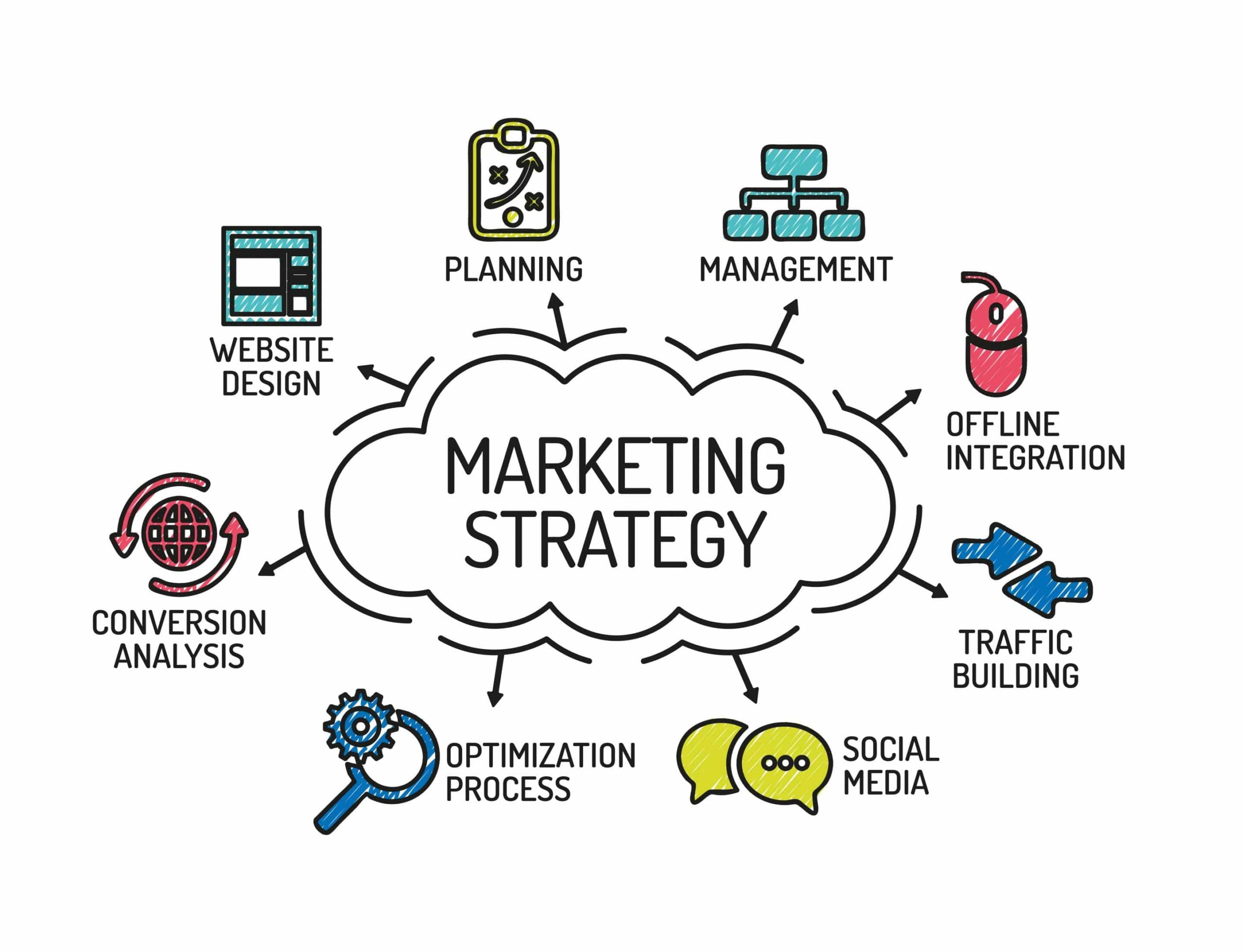Technological somnambulism” is a concept used whilst speaking about the philosophy of technology. The term becomes utilized by tech truth seeker Langdon Winner in his essay, Technology As Forms Of Life. The winner puts forth the concept that we’re clearly in a country of sleepwalking in our mediations with the era. The reasoning is that technologies are advanced faster than we will in all likelihood recognize their complete implications. So long as purchasers attempt to preserve consistency with the ever-accelerating march of innovation, they “willingly sleepwalk thru the process of reconstituting the situations of human life.”
According to Marcel O’Gorman of the University of Waterloo, the kings of Silicon Valley actually need the “somnambulation” of its consumer base—a sleepwalking purchaser is a first-rate patron. But a creeping deficit of public belief in effective tech agencies, or what has come to be known as a “tech-lash,” would possibly properly be an indication that the somnambulists are waking up. This backlash against the era is, for actuality, a lot so that it isn’t most effective taking Big Tech down, however additionally having it to attempt to win lower back the consideration of human beings.
Scathing revelations approximately the function of fake information in the 2016 US elections, or Google being slapped with every other document antitrust quality over its mobile software program, or comparing tech firms that peddle “addictive” era to be regulated like huge tobacco, have set alarm bells ringing and are prompting calls of trade.
Big Tech now finds itself dealing with big scrutiny from regulators worldwide. It is fighting again to maintain or win the agreement with its customers. Companies at the moment are factoring in an emphasis on privacy, safety, and ethics of their hiring. According to CB Insights, a number of the roles examine like this: investigations analyst for device learning ethics at Google, director of privacy and patron consider covering Alexa service at Amazon, WhatsApp policy software supervisor for elections at Facebook, and so forth.
Such developments have classes for startups lower back domestic, particularly as they now have worldwide aspirations. A convincing message is that even massive generation organizations can pass from hero to 0 if one is too fixated with a boom-at-all costs mentality. It is now calling upon the tech enterprise to re-compare its cognizance on short-term decisions that spur fast person boom, and rather attention on how society may utilize the merchandise.
One would possibly argue that notwithstanding the regulatory ire, Facebook just announced a jump in its quarterly revenues. This is exactly the question startups want to ask themselves: Do they want to grow right into a tech giant that everybody loves to hate?
But with incredible energy additionally comes a notable obligation. At the heart of the matter is the sheer power that tech agencies/startups can command as they scale—Facebook is one of the richest and most politically influential corporations globally. Startups need to take into account that. The argument has now shifted from innovation to accountable innovation.
If the tech-lash becomes now not sufficient, there is growing noise across the tech bubble that’s now more and more gaining forex amongst assignment capital buyers. Competition among VCs to spend money on era startups has driven up fees exponentially. But that pricing is justified only if there’s a go-out. Mega unicorns such as Uber, Lyft, Slack, Peloton, and Airbnb, among others, are prepping for preliminary public services. If this group trades above their closing personal valuations, then it’s validation for the mega-unicorn phenomenon. Else, it’s a problem. Not the handiest will it make or destroy present funds. However, it’ll likely determine the availability of late-stage capital.
Second, measures including the changed overseas direct investment (FDI) rules for e-commerce, which has created pain for foreign players like Amazon and Walmart, will have other massive FDI investor(s) become cagey about investing in India. Third, China is slowing down, and the sentiment isn’t exquisite. Down rounds have already all started to go into the lexicon in China’s awful lot-hyped tech zone. According to a Bloomberg record, challenge capital deal-making is at its lowest since 2015 in China at the same time as funding sizes cut back.
Whether it’s a tech lash or a tech bubble, it’ll be exciting to see how the enterprise manifested itself in 2019. It’s about time the somnambulists awoke. Due Diligence will cover troubles in India’s mission capital, personal fairness, and offers space. Shrija Agrawal is Mint’s companion editor.






